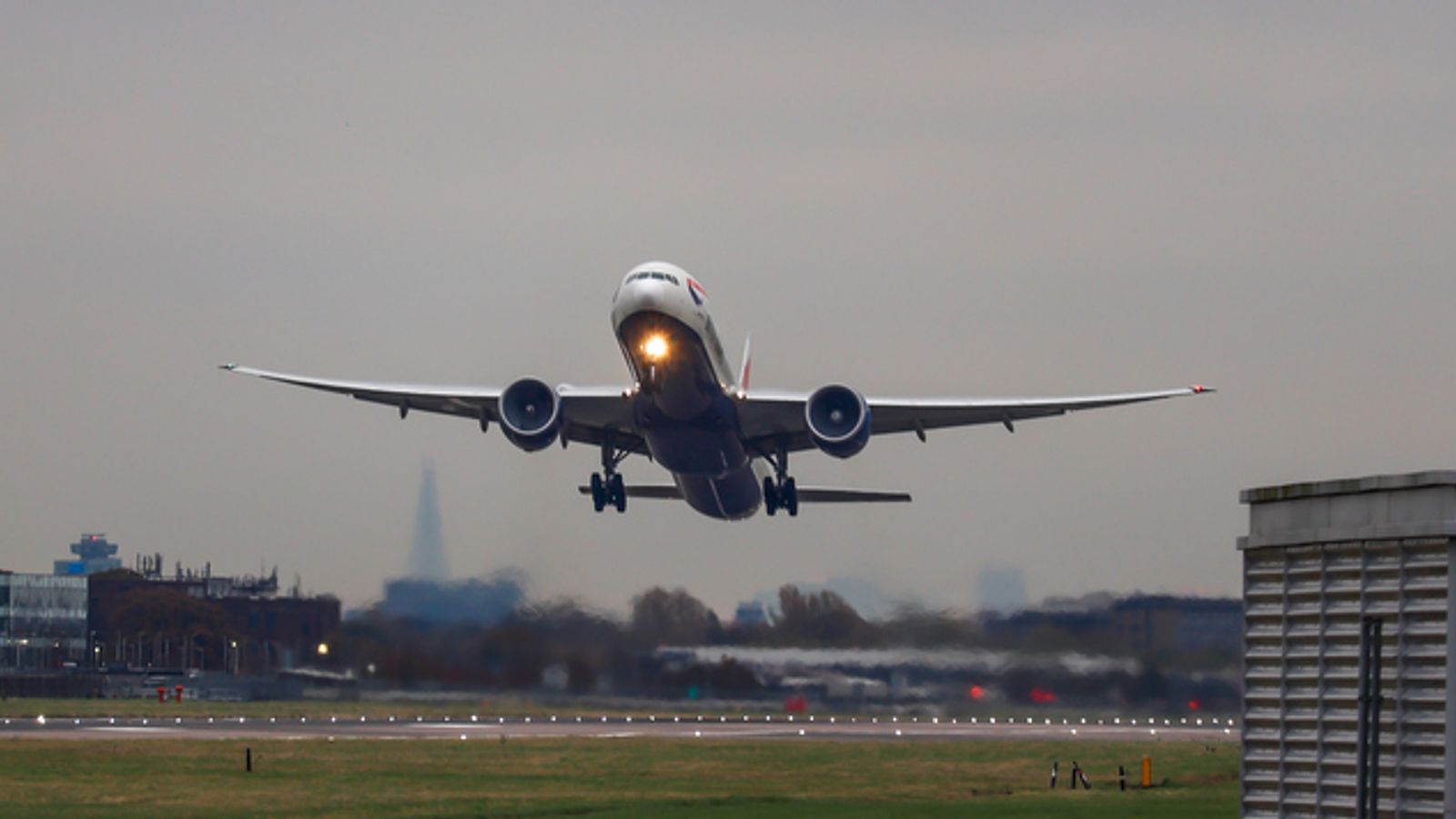Workers at aircraft maker Boeing are to go on strike for the first time since the global financial crash, piling more pressure on the troubled company.
Not since 2008 have workers gone on strike. More than 30,000 staff are to take part in industrial action at one of the US’s largest exporters.
Staff walked out on Friday after 95% of union members voted to reject a new contract offer from the company despite union leaders backing the deal and calling it the “best contract we’ve negotiated in our history”.
Money blog: How your house number could knock thousands off home price
Strikes lasting 30 days could cost the company $1.5bn (£1.14bn), according to analysis from US investment bank and financial services company Jefferies. An agreement would have cost roughly $900m (£685.94) if passed, it said.
What was in the deal?
Workers rejected raises of 25% over four years as unions had asked for a pay uplift of 40%. Lower-paid staff would have got a bigger raise.
About 7,500 employees would have seen pay rise 45% with another 5,000 workers in line for 53% raise, Boeing said.
Concessions made in the past meant staff lost pension benefits and final assembly of Boeing plane the 787 Dreamliner was moved to a non-union factory.
Turnout of union members was 95% in rejecting the contract.
What’s going on at Boeing?
The announcement is a setback for new chief executive Kelly Ortberg who took the reigns of Boeing less than two months ago as the manufacturer reeled from a safety crisis sparked when a door blew off a Boeing plane.
A key goal of the company is to now increase production amid federal investigations and missed delivery targets.
The company is paying fines to Europe’s largest airline Ryanair for failure to supply some of the 300 planes it ordered.
Mr Ortberg has also sought to reset the company’s relationship with workers and met with employees to hear their thoughts on the deal.
The plane maker is nearly $60bn (£45.73) in debt, a number the CEO will be working to bring down but will be difficult with strikes.







